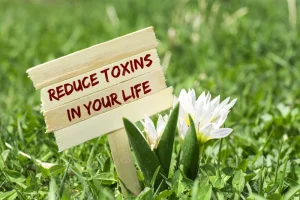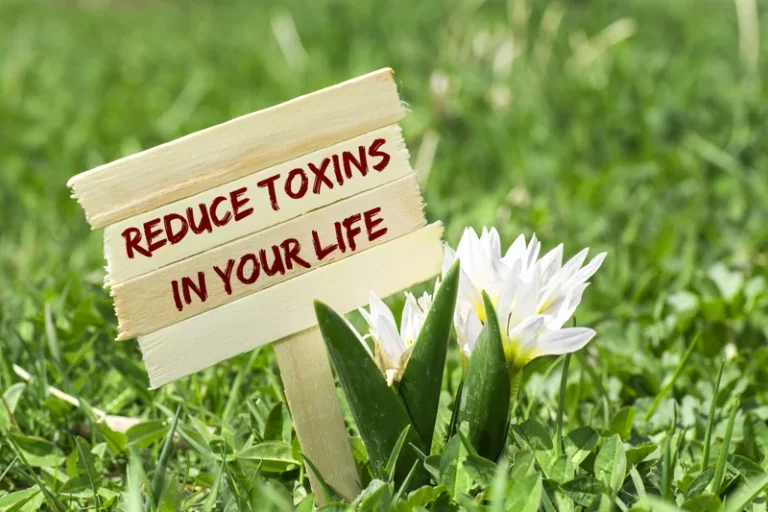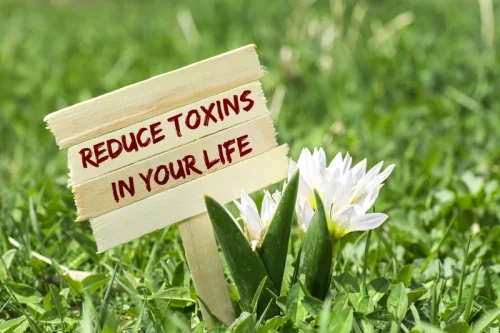
To reduce the risk of having a reaction, look for labels on alcoholic beverages that indicate lower levels of why does red wine make me sneeze sulfites or those labeled as “sulfite-free”. In general, red wines typically have higher sulfite concentrations than white wines. Additionally, you can opt for wine alternatives such as mead or beer which typically contain lower levels of sulfites than wine.
Other foods
Alcohol may provide temporary relief for sinus congestion, however it is important to note that long-term use of alcohol can actually worsen the condition. Heavy drinking can irritate and damage the lining of the nose and increase inflammation. Drinking alcohol in excess can also lead to dehydration, which further worsens sinus congestion. Therefore, it is best to limit alcohol consumption if you are dealing with sinus congestion in order to ensure your health and well-being. Some individuals may have a genetic predisposition that makes them more prone to sneezing after consuming alcohol. While further research is needed to fully understand the genetic factors involved, studies have suggested a possible link between certain genes and alcohol-induced sneezing.
Why Do I Get Sneezing Fits When Drinking Alcohol?
- In extreme cases, symptoms such as difficulty breathing and anaphylaxis have been reported.
- An allergy to wine is believed to be rare, though an intolerance to wine that impacts roughly 10% of people.
- When you drink alcohol, it causes the blood vessels in your nasal cavity to expand.
- In contrast to sulfite intolerance, alcoholic hepatitis is a liver disease that occurs when the body cannot break down alcohol efficiently.
- While not a true allergy, these reactions can be uncomfortable and even dangerous in extreme cases.
- Beer, brown liquor, and cider contain the highest levels of Alcoholics Anonymous sulfites among alcoholic beverages.
The most common of these compounds are sulfites, which are typically highest in beer, brown liquor, and cider. When grapes are pressed during winemaking, insects can inadvertently contaminate the crush. The venoms of these insects are decomposed during the fermentation of the wines, but residual insect proteins may remain as allergens. In one Spanish study in 2007, researchers found that 5 individuals developed Red Wine Allergies to the venom of Vespula and Polistes wasps 7. Consequently, patients who have allergies to seafood, eggs, dairy and a variety of other allergens may experience Red Wine Allergies after consuming Red Wines.

Men’s Health
In those with a serious wine allergy, a single milliliter of alcohol can trigger a reaction. While an intolerance can lead to uncomfortable symptoms, with an allergy, there is a chance anaphylaxis, a life-threatening reaction, can occur. Filtration of wine is an important process in the production of a good quality beverage. It helps to remove harmful bacteria, unwanted tannins and other impurities from the liquid before it can be consumed. If a person suspects they have an allergy, it’s important they be evaluated by a specialist. These can either be acquired over the counter or through a prescription from your doctor.

Throat Pain Due To Viral Pharyngitis: Symptoms, Investigations, Treatment, Prognosis

If you have an allergy to any of the ingredients used in alcoholic beverages, you may experience more severe reactions, such as hives or a rash. Drinking alcohol can also increase your risk of developing asthma or other respiratory conditions. In addition to filtration, the use of fresh fruits and vegetables in cocktails can pose a risk for those with oral allergy syndrome (OAS). OAS is an allergic reaction to certain proteins found in raw fruits and vegetables, which are also present in many alcoholic drinks.
Mild and Moderate Reactions
The impact of alcohol on your body and mind is largely determined by your drink choice and consumption amount. A 2019 study highlighted alcohol as a significant risk factor for liver disease, particularly cirrhosis. Experts, including doctors and dietitians, encourage moderation in alcohol intake.
- They may recommend other alternatives or treatments that can help reduce the severity and frequency of the reactions.
- If you suspect you have an allergy to wine, make an appointment with a healthcare provider.
- And if cocktails make you sneeze, try making your own with fresh fruit juices instead of pre-made mixes.
- Getting rid of hangxiety involves resting, avoiding anxiety-provoking challenges during the episode, staying with a supportive person, getting something to eat, and staying hydrated.
- This reaction is a result of vasodilation and increased sensitivity of nerve endings in your nasal passages.
- Researchers believe that this could be due to the sulfites used in producing white wine, as well as the histamines found in white grapes.
Some individuals may be allergic to specific grape varieties, while others may react to additives used during the winemaking process. If you consistently sneeze when drinking red wine, it might be helpful to consult with an allergist to identify any underlying sensitivities. Tannins are natural compounds found in many plants, including the skins, seeds, and stems of grapes. These are what give wine its bitterness, mouthfeel, and complex flavours, as they seep into the wine during the winemaking process. Tannins are more abundant in red wines but can also be present in white wines too. An allergy to wine is believed to be rare, though an intolerance to wine that impacts roughly 10% of people.

Red Wine Allergy & Intolerance– What Are They?
Drink plenty of water and move around between alcoholic drinks to stay hydrated and limit the amount of alcohol consumed in a short period of time. Additionally, avoid drinking cheap or low quality alcohol as this can worsen nasal congestion due to its higher content of impurities. When lying down, the blood flow to the head and neck is increased, which can worsen congestion. If sneezing persists or is accompanied by other concerning symptoms, consult a healthcare provider. It is stronger after a winemaking process than it was before, making it an integral part of the finished product. In addition to raisins and dried fruits, sulfates are used as preservatives in some foods, including wines.
- Additionally, if you are allergic to a specific grain, you will experience symptoms when consuming other food products containing that allergen, not just beer.
- Blood tests are also used to measure the presence of specific antibodies in your blood that may indicate an allergic reaction to wine.
- Drinking plenty of water, limiting and slowing down alcohol consumption, and eating before drinking can help to reduce the vasodilation effects of alcohol.
- If you are already prone to allergies or have asthma, the histamine content in red wine could worsen your symptoms and lead to increased sinus congestion.
- Even if people don’t consume enough alcohol to cause a hangover, they can still get a headache from drinking.
- These chemicals cause inflammation in the mucous membranes of your nose and sinuses, leading to congestion and a stuffy feeling.
- In addition to its benefits in helping to prevent and manage alcohol flush syndrome, Sunset Alcohol Flush Support can also help reduce stuffy noses after drinking alcohol.
Red Wine And Nasal Congestion
Although an intolerance may cause similar symptoms to allergies, intolerance is not the same as an allergy. Cabernet Sauvignon’s full-bodied, intense flavor makes it a great option for pairing with different meals. It can especially enhance the flavors of meats and hearty dishes like steak, lamb, or drug addiction mushrooms. Cabernet Sauvignon also has subtle hints of dark fruit and spice that add complexity to its bold bouquet.